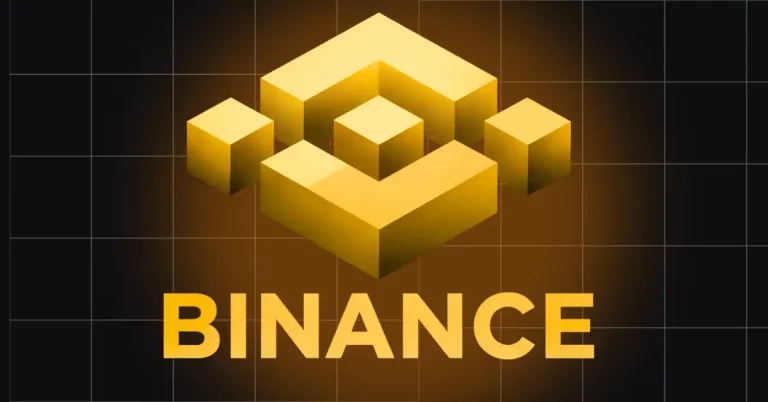
Navigating the Future: Emerging Trends in Fintech Technology
Focus Keyword: Fintech

Fintech, or financial technology, is an industry that has been rapidly evolving over the past few years. With the rise of digital payments, mobile banking, and online lending, fintech has become an integral part of our daily lives. In this article, we will explore the emerging trends in fintech technology and what they mean for the future of finance.
Section 1: Introduction to Fintech

Fintech is a broad term that encompasses a wide range of financial services and products that are delivered through digital channels. This includes everything from mobile payments and online banking to investment platforms and cryptocurrency exchanges. The fintech industry has grown exponentially over the past few years, with the global fintech market expected to reach $124.3 billion by 2025.
The growth of fintech can be attributed to several factors, including the increasing use of smartphones, the rise of digital payments, and the growing demand for online financial services. Additionally, the COVID-19 pandemic has accelerated the adoption of fintech, as people have turned to digital channels to manage their finances and make payments.
Section 2: Emerging Trends in Fintech

There are several emerging trends in fintech that are expected to shape the future of finance. Some of the key trends include:
- Artificial Intelligence (AI): AI is being used in fintech to improve customer service, detect fraud, and optimize investment portfolios. For example, chatbots are being used to provide customer support, while machine learning algorithms are being used to detect suspicious transactions.
- Blockchain: Blockchain technology is being used in fintech to provide secure and transparent transactions. For example, blockchain-based platforms are being used to facilitate cross-border payments and to create digital identities.
- Internet of Things (IoT): IoT is being used in fintech to enable secure and convenient payments. For example, wearable devices and smart home devices are being used to make payments and to track financial transactions.
- 5G Networks: 5G networks are being used in fintech to provide fast and secure connectivity. For example, 5G networks are being used to facilitate mobile payments and to provide real-time financial data.
Section 3: Future of Fintech

The future of fintech looks promising, with several trends and technologies expected to shape the industry. Some of the key trends that are expected to shape the future of fintech include:
- Personalization: Fintech companies are expected to use AI and machine learning to provide personalized financial services to customers. For example, personalized investment portfolios and tailored financial advice are expected to become more common.
- Security: Fintech companies are expected to prioritize security, with a focus on protecting customer data and preventing cyber attacks. For example, biometric authentication and encryption are expected to become more widespread.
- Sustainability: Fintech companies are expected to prioritize sustainability, with a focus on providing environmentally friendly financial services. For example, green banking and sustainable investing are expected to become more popular.
Section 4: Challenges and Opportunities

While the future of fintech looks promising, there are also several challenges and opportunities that need to be addressed. Some of the key challenges include:
- Regulation: Fintech companies are subject to a complex and evolving regulatory landscape, which can make it difficult to operate and innovate. For example, fintech companies need to comply with anti-money laundering and know-your-customer regulations.
- Competition: The fintech industry is highly competitive, with new entrants and established players competing for market share. For example, fintech companies need to differentiate themselves through innovative products and services.
- Partnerships: Fintech companies need to form partnerships with other companies, such as banks and technology providers, to provide comprehensive financial services. For example, fintech companies may partner with banks to provide lending and payment services.
Despite these challenges, the fintech industry presents several opportunities for companies and individuals. For example, fintech companies can provide financial inclusion, improve customer experience, and increase efficiency. Additionally, the fintech industry is expected to create new job opportunities and drive economic growth.
Conclusion

In conclusion, the fintech industry is rapidly evolving, with new trends and technologies emerging every day. The future of fintech looks promising, with several trends and technologies expected to shape the industry. However, there are also several challenges and opportunities that need to be addressed, including regulation, competition, and partnerships. As the fintech industry continues to grow and evolve, it is likely to have a profound impact on the future of finance.






